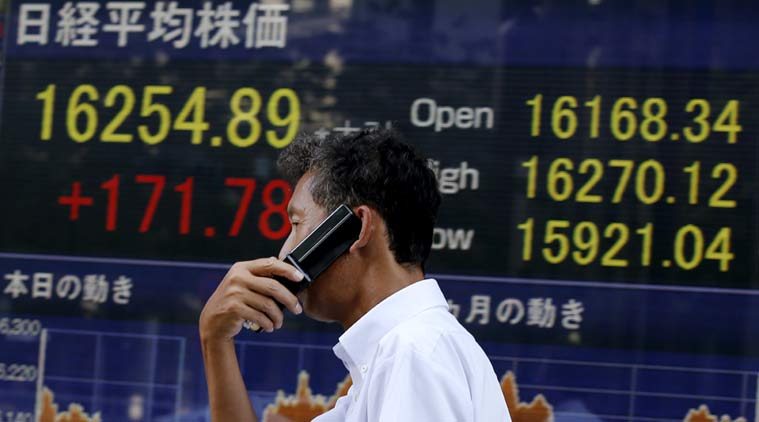
Nissan crashed hard on the Tokyo stock exchange on Wednesday. Investors threw the stock into the sell-off after disappointing results and prospects from the Japanese carmaker.
The mood on the Japanese stock market also remained negative after the heavy loss the day before. Fears that interest rates in the United States will rise faster than expected due to soaring inflation have gripped the markets. All eyes were therefore on the US inflation rate, which will be announced later today.
Nissan lost 10 percent and dropped to its lowest level in five months. Japan’s third-largest carmaker suffered a record loss last fiscal year and expected to break even in the new fiscal year, which began in April. Investors, however, had expected a solid profit for the current financial year. Like many other peers in the sector, Nissan is struggling with the worldwide chip shortage and had to reduce its production by 130,000 vehicles last year due to the lack of chips. The company also expects problems due to the chip shortage in the first quarter.
The Nikkei in Tokyo ended 1.6 percent lower at 28,147.51 points. The day before, the Japanese main index lost more than 3 percent. Speculation that the Japanese central bank has become more cautious about supporting stock markets has prompted investor reluctance. The central bank, which usually buys so-called index trackers when the stock market falls, did not intervene on Tuesday.
Toyota gained 2 percent thanks to better-than-expected results. Despite the chip shortages, the largest car manufacturer in the world is counting on growth in the new financial year. Tech investor SoftBank, which came up with figures after the close of the stock exchange, fell 3.5 percent.
The other major stock market indicators in the Asian region showed a mixed picture. The main index in Shanghai was 0.2 percent in the plus, and the Hang Seng index in Hong Kong gained a fraction. The Kospi in Seoul fell 1.5 percent, and the Australian All Ordinaries in Sydney lost 0.9 percent.
